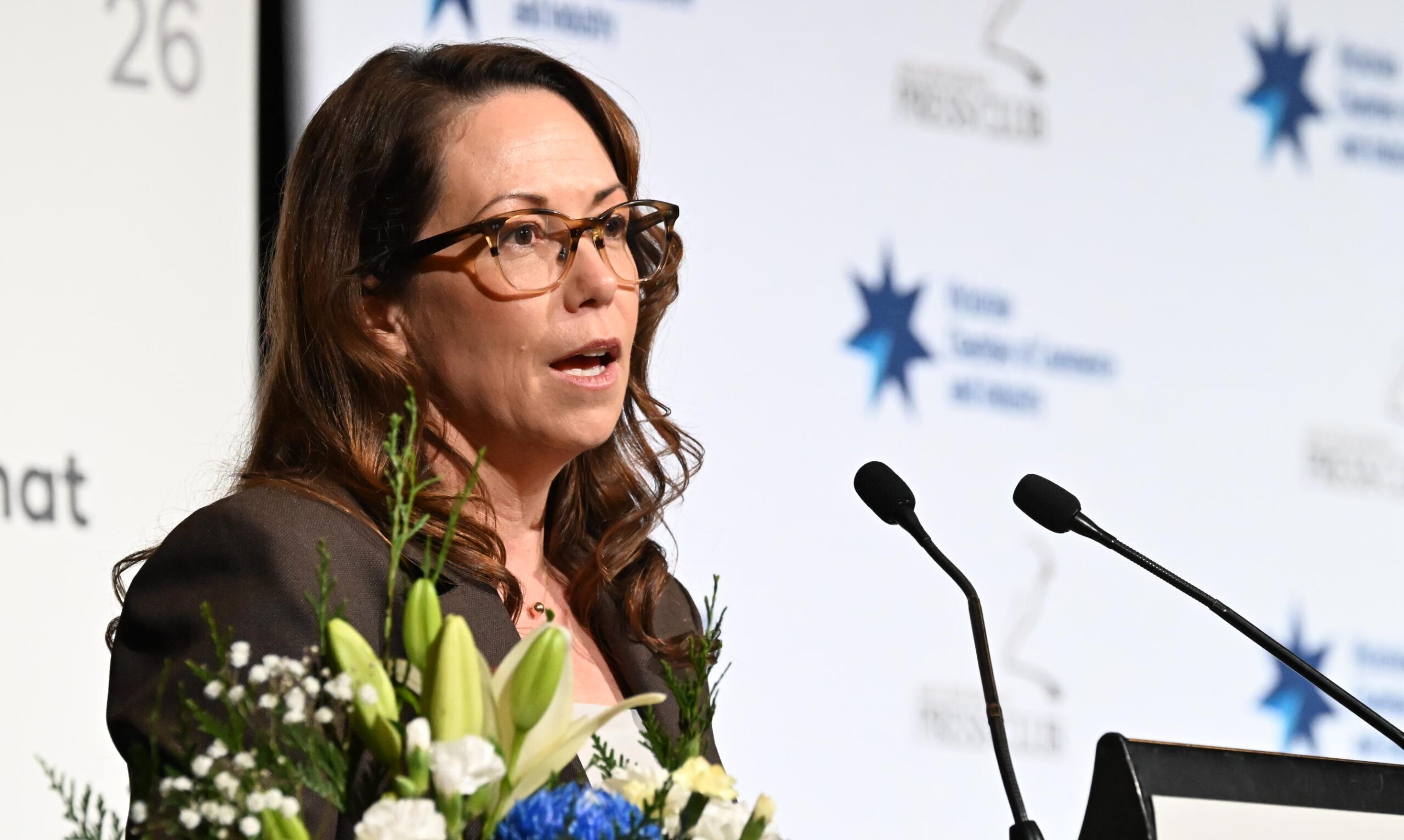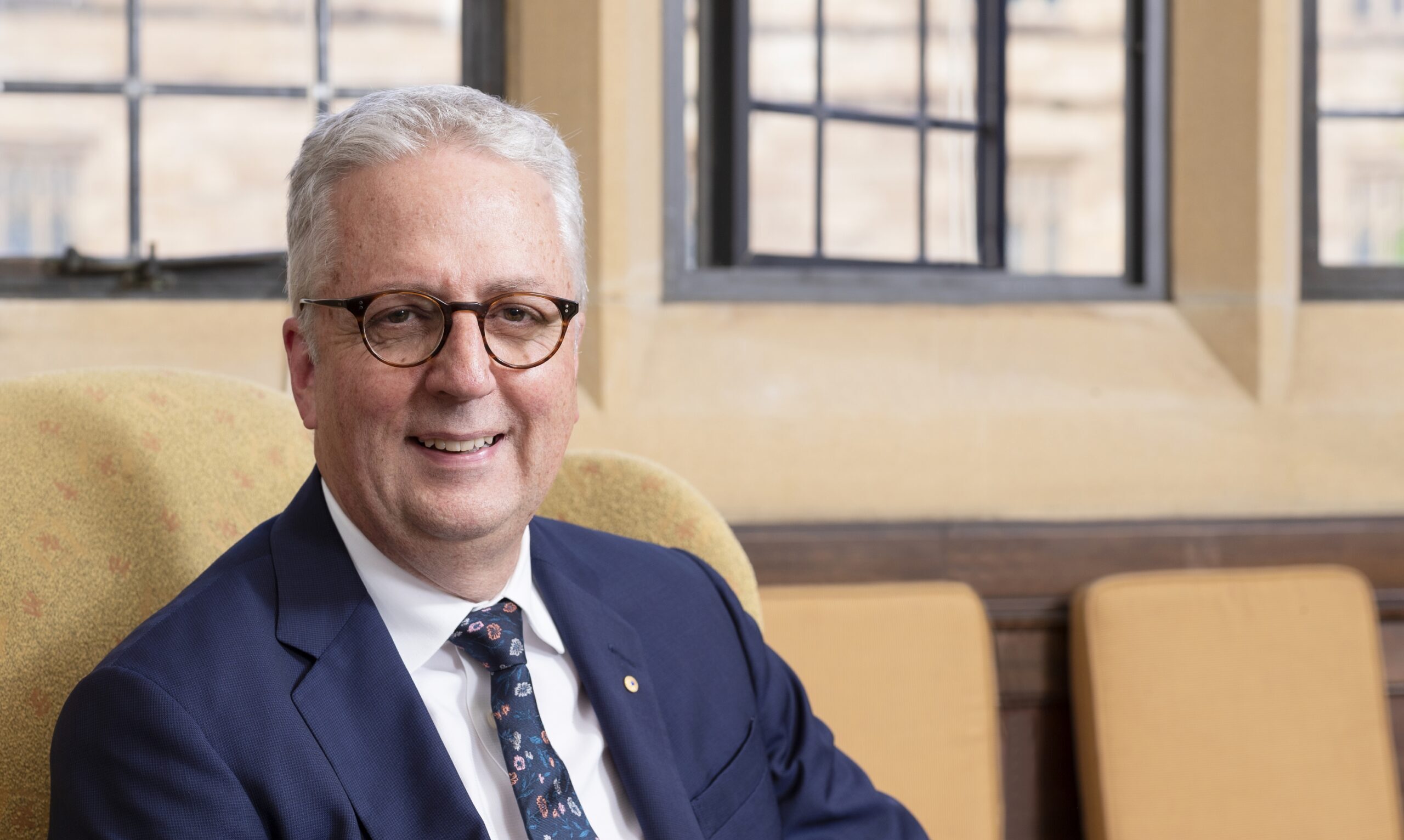Health+WellbeingTop Stories
Expert shares practical tips for teachers to maintain wellbeing during Term 3

With Term 3 underway, teacher wellbeing will once again be strained, but an expert says educators shouldn't wait until the holidays to focus on their mental health.
Please login below to view content or subscribe now.






Helpful article, full of good reminders. Thank you.